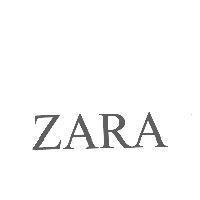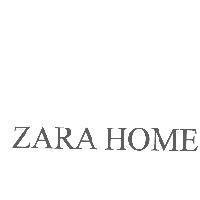On March 25, 2021, Taiwan’s IP Court (“TIPC”) sided with KAO Corporation, the registrant of series of “KAO” trademarks (Reg. No. 388523, 642986, 623793, 01694718, and 01305339, see below), finding registration of “J.KAO” would cause confusion among the relevant public, and affirmed the decision to cancel “J.KAO” entered by Taiwan’s IP Office (“TIPO”).
The contested trademark, “J.KAO”, was filed
by Big Fun International Co. Ltd. (“Big Fun”) on December 10, 2018, designated
for use in goods under class 3, including, among the others, make-up lotion,
cosmetic sunscreen, moisturizer, lotion, facial mask, perfume, face cream, etc.
The application for “J.KAO” was granted on July 1, 2019. (Reg. No. 01995183,
see below)
KAO Corporation filed opposition on
September 23, 2019, contending that “J.KAO” is confusingly similar with KAO
Corporation’s registered “KAO” trademarks, and thus should be cancelled in view
of Article 30.1.10 of Trademark Law. TIPO ruled in favor of KAO Corporation on
April 17, 2020, finding the registration of “J.KAO” violating the cited
Trademark Law. TIPO’s decision was subsequently affirmed by the Appeal Board on
July 30, 2020, so Big Fun took this case to TIPC.
TIPC’s decision is based on the following
reasons:
1.
For Article 30.1.10 of
Trademark Law to be applicable, the contested trademark must be found similar
with the senior trademark, so that the registration of the contested trademark
might cause confusion among the relevant public.
2.
Here, TIPC found Big Fun’s
“J.KAO” and KAO Corporation’s “KAO” all present the word “KAO”, which make them
visually similar with each others. Although Big Fun argued that the idea of
“J.KAO” is based on the combination of initials of its founder’s name, i.e., “Jean
Kao”, TIPC opined that the idea or origin of a trademark is not what ordinary
consumers would perceive when seeing the mark. As such, determination of
similarity is based on objective observation of “J.KAO”, without regard to Big
Fun’s underlying idea when creating the contested trademark. Accordingly, TIPC
found “J.KAO” verbally and visually similar with KAO Corporation’s “KAO”.
3.
Turning to similarity of
designated goods, Big Fun argued that its trademark is designated for use in
goods under class 3, while the designated goods of the cited trademarks are
goods under class 6, 2, and 7, which prove they should not be found similar.
TIPC disagreed. Although the designated goods are classified under different
categories, TIPC noted that KAO Corporation’s cited trademarks were designated
for use in goods that provide cleaning, beauty, and skin care functions, such
as soap, washing cream, shampoo, conditioner, cosmetics, etc. These products,
like those designated by “J.KAO”, are for personal hygiene and beauty use, and
should be found similar and associated with each other. Thus, TIPC found
“J.KAO” is applied for use in similar products.
4. Based on the evidence submitted by KAO Corporation, TIPC was convinced that prior to the filing date of “J.KAO”, KAO Corporation’s “KAO” has been used on various kinds of cleaning and cosmetic products, such as “Biore” (for face wash) and “Curel” (for make-up remover), which prove consumers in Taiwan has been quite familiar with the cited trademarks when application for ”J.KAO” was filed. While Big Fun did submit some records showing its “J.KAO” is used on its product, package, and handbag, TIPC found the volume of evidence limited, and the date of use is after the filing date of Big Fun’s “J.KAO”, which is not helpful to prove consumer’s familiarity at the time when “J.KAO” was filed for registration.
In view of the above, since “J.KAO” is similar with “KAO”, and applied for use in similar goods, TIPC found TIPO was correct in finding registration of “J.KAO” might cause confusion with KAO Corporation’s “KAO” trademarks. Thus, TIPC upheld TIPO’s determination and rejected Big Fun’s lawsuit accordingly.
Source:
























